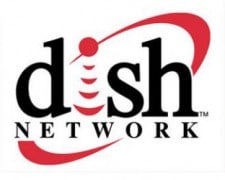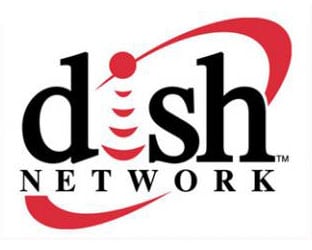 Dish Network has filed an amended complaint in a New York federal court to better protect its AutoHop service, which enables subscribers to black out ads on programs they’ve saved on their DVRs. When activated, AutoHop turns the screen dark when a commercial break arrives, then returns to the show a few seconds later. The AutoHop, launched in May, is only available for shows airing on CBS, ABC, NBC and Fox–not on cable channels.
Dish Network has filed an amended complaint in a New York federal court to better protect its AutoHop service, which enables subscribers to black out ads on programs they’ve saved on their DVRs. When activated, AutoHop turns the screen dark when a commercial break arrives, then returns to the show a few seconds later. The AutoHop, launched in May, is only available for shows airing on CBS, ABC, NBC and Fox–not on cable channels.
The original suit was filed 5/24, following a story in The Hollywood Reporter that prompted Dish, CBS, NBC, and Fox to rush to court with separate lawsuits. U.S. District Judge Laura Swain in Manhattan later ruled that the broadcasters’ lawsuits against Dish could proceed in California, while keeping parts of the case, including the overall dispute with ABC and portions against CBS and NBC, in her own court.
Dish’s updated complaint details how it is prepared to defend a service that the broadcasters have described as a bootleg, commercial-free VOD service, says The Hollywood Reporter: “The Hopper also has PrimeTime Anytime capability, an exclusive feature that allows viewers to enable the recording of HD primetime TV programming on ABC, CBS, FOX and NBC. The Hopper will save all of these recordings for up to eight days (at the consumer’s option) after they have aired (with the ability for the consumer to store selected recordings for a longer period), storing approximately 100 hours of primetime TV shows on the DVR hard drive, and making it easy to access episodes from the previous night, or the previous week.”
The word “automatically” was deleted from the original version. Since AutoHop’s launch, the system has been tweaked so previously when the AutoHop was activated it would automatically record broadcast networks ABC, CBS, NBC and Fox. Now, subscribers can choose which networks they want recorded. Also, when Dish asks subscribers to enable AutoHop and allow it to skip commercials, the “no” box is checked by default instead of the “yes” box. That means a subscriber who wants an ad skipped now has to take an extra step for that to happen.
These changes to the system and the changes to the complaint, are likely designed to give Dish a better chance at having a 2008 2nd Circuit decision concerning Cablevision’s own remote-storage DVR stand as precedent. In that ruling, which also served as the basis for a judge’s recent decision to reject a preliminary injunction against Aereo, the appeals court held that the service was acting at the choice of its users.
The amended complaint, notes THR, also specifically mentions the carriage agreements with broadcast networks that it believes allow for what it is doing. Dish notes ABC’s 2005 retransmission consent agreement with Dish predecessor EchoStar Satellite, NBCU’s 2008 agreement with Dish, and CBS’ agreement with Dish last January.
Both the ABC and CBS deals are said to have specific provisions governing “Unauthorized Use.” The NBCU deal is somewhat different with no such indicated provision, instead using language relating to “PPV/VOD Film and TV Content” and “Advance Product Offering/TV FOD” as well as “Technical Requirements.”
Meanwhile, the lawsuits in California are proceeding and the Fox and NBC lawsuits have recently been assigned to California federal court judge Dolly M. Gee. As for CBS’ own lawsuit against Dish in California, Dish isn’t quite done challenging the venue, arguing that CBS is contractually bound to litigate the dispute in Colorado or New York.
See The Hollywood Reporter story here






Autohop doesn’t turn the screen black. The ONLY thing it does is skip the commercials. It doesn’t alter the feed in any way. You can prove that by pressing the skip-back button or rewind button after the autohop, which will cause you to go back into the commercials you just skipped.
Comments are closed.